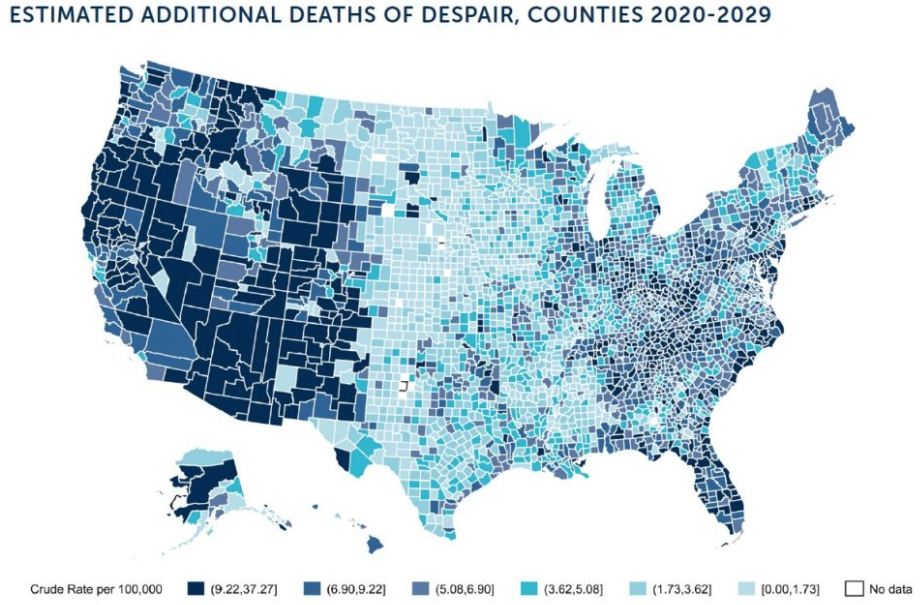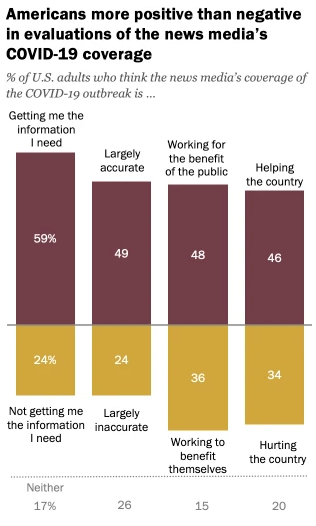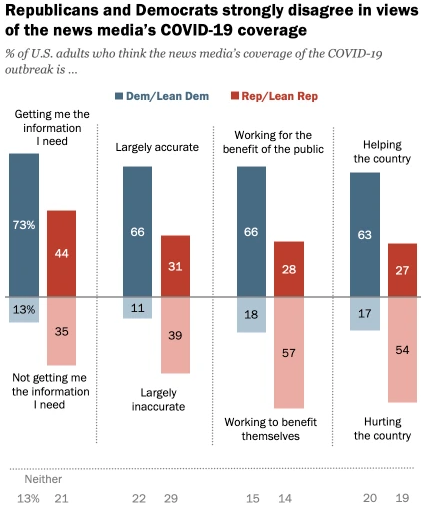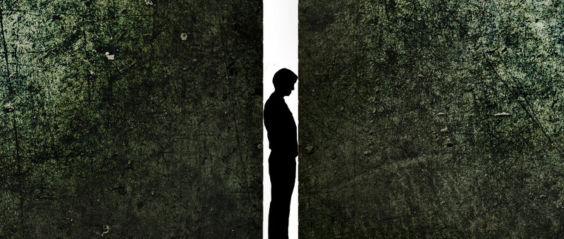Need to know: COVID-19
- As of 11 a.m. on Friday, May 15, there were 17,129 confirmed cases in 99 counties in North Carolina with 641 deaths.
- North Carolina remains in Phase I of Gov. Cooper’s reopening plan.
- Last week, 2.98 million people filed for unemployment nationwide. From March 15 to May 14, North Carolina saw 1.17 million unemployment insurance claims and has paid 528,511 claimants.
- The CDC added six symptoms of coronavirus: chills, muscle pain, headache, sore throat, repeated shaking with chills, and a loss of taste or smell.
For more, view all of EdNC’s COVID-19 coverage here.
Policy challenge: COVID-19 and mental health
Mental health specialists are sounding the alarm on the mental health risks from COVID-19, saying the U.S. could see an increase in “deaths of despair.” A new report from the Well Being Trust and the Robert Graham Center projects “as many as 75,000 more people will die from drug or alcohol misuse and suicide.”
The combination of the economic consequences, social isolation, and uncertainty caused by the pandemic are likely to increase the death toll of COVID-19 unless the country takes steps to mitigate the mental health risks, the report says. The study used deaths of despair data from 2018 combined with projected unemployment from 2020 to 2029 to estimate the number of additional deaths under various scenarios.

For the past two weeks, EdNC has been running a survey of North Carolina’s community college students. As of Friday afternoon, 9,990 students had responded. While I have yet to formally analyze the data, I’ve been checking the results daily and skimming through the comments. The two biggest trends that have jumped out to me are the number of students saying they’ve lost a job or income and the number of students citing an increase in stress, anxiety, depression, and even suicidal thoughts.
The featured read below has some helpful recommendations for people looking for help during this time:
- Connect online
- Adjust medications if necessary
- Seek teletherapy or group therapy
- Make a safety plan
- Develop a new routine
- Seek financial help
In the news
The majority of Americans think the news media’s coverage of the COVID-19 outbreak is getting them the information they need, but just under half think it is helping the country, according to results from a new Pew Research Center poll published last week.

Not surprisingly, there are strong partisan divides. Just 44% of Republicans think the news media’s coverage of COVID-19 is getting them the information they need compared to 73% of Democrats, and 54% of Republicans think the news media’s coverage of COVID-19 is hurting the country compared to 17% of Democrats who think that.

The rest of the results look at Americans’ views of journalists, where there is again a sharp partisan divide. And while the public confidence in journalists has decreased since the end of 2018, the public’s confidence in public school principals, medical scientists, and scientists in general has increased since then.
What we're reading
Act Now To Get Ahead Of A Mental Health Crisis, Specialists Advise U.S.
"The two most replicated, robust factors linked to suicide are economic change — downturn — and social disconnection," says Dr. Roger McIntyre, professor of psychiatry at the University of Toronto.... Read the rest-
More than 1 in 5 Americans are taking care of their elderly, ill and disabled relatives and friends
-
COVID breathes life into North Carolina’s rural telehealth, but broadband remains an obstacle
-
Separating Work-life from Home-life during COVID-19
-
The First Shot: Inside the Covid Vaccine Fast Track
-
Amid the Coronavirus Crisis, a Regimen for Reentry
-
Will coronavirus problems mean even more ‘summer melt’ this year?


